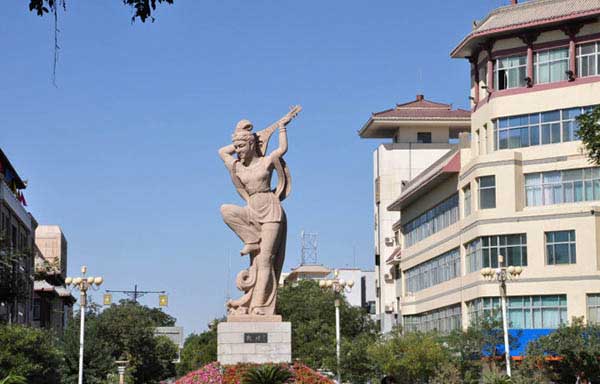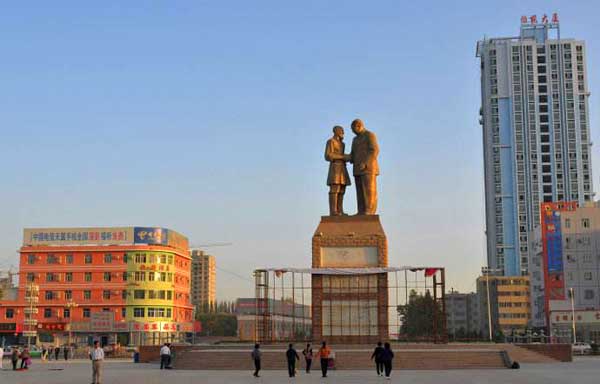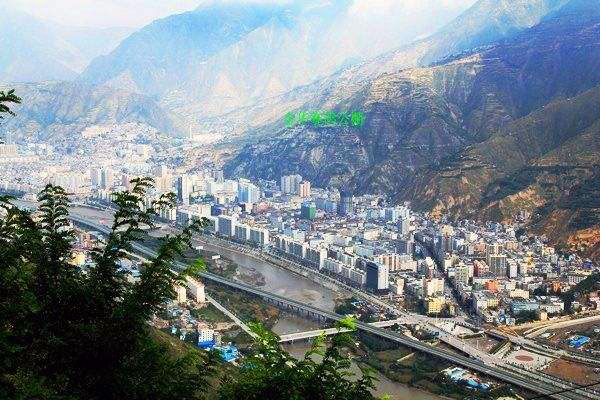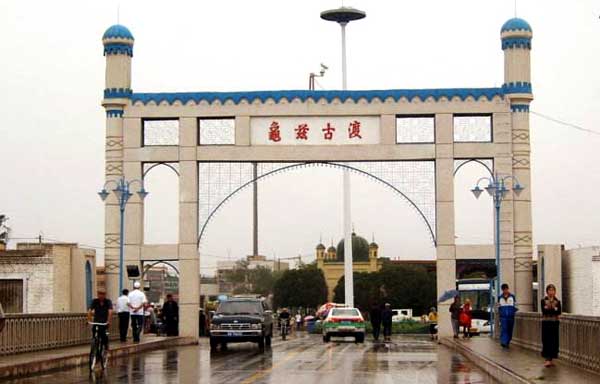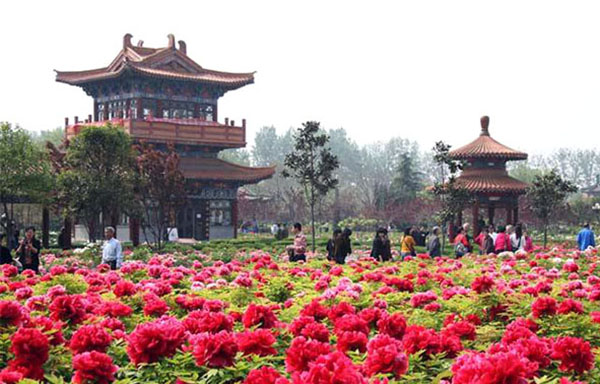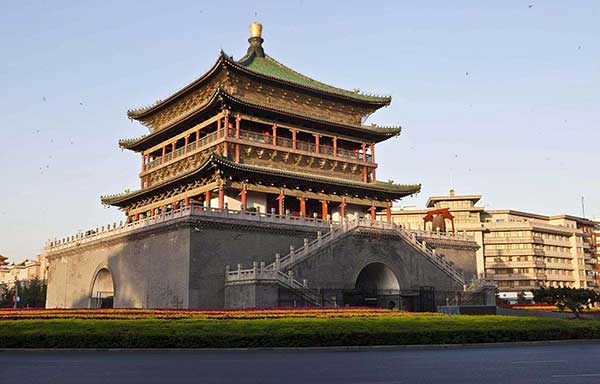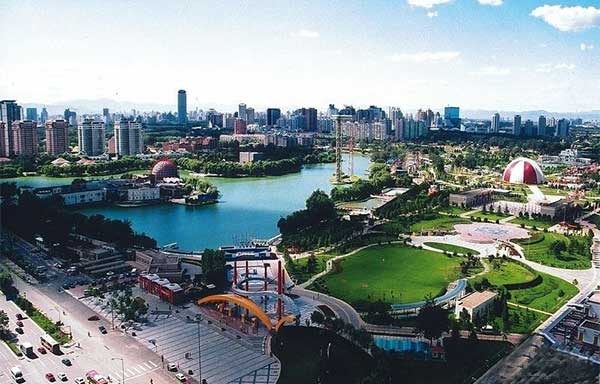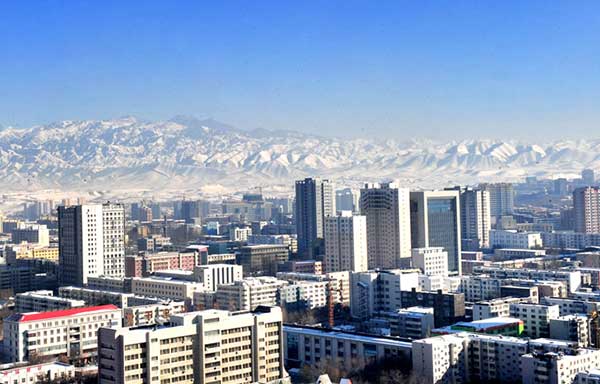- By admin
- In SilkRoadKnowledge
- 2019-01-09
Turpan Basin – the lowest terrain and highest temperature of China
 The Turpan Basin is an inter-mountain basin in the eastern part of the Tianshan Mountains.. "Turpan" means "lowland" in Uighur language. It is a typical graben basin and the lowest in China with the highest temperature in summer. Most of the ground is 500 meters below sea level. Since the 1980s, by creating protective forests and strengthening irrigation management, the sand has been initially controlled and the ecological environment has improved.
The Turpan Basin is an inter-mountain basin in the eastern part of the Tianshan Mountains.. "Turpan" means "lowland" in Uighur language. It is a typical graben basin and the lowest in China with the highest temperature in summer. Most of the ground is 500 meters below sea level. Since the 1980s, by creating protective forests and strengthening irrigation management, the sand has been initially controlled and the ecological environment has improved.
Turpan City is located at the south foothill of Bogda Mountain in the eastern Tianshan Mountain range, in the center of the Turpan Basin. The urban area is 184 kilometers away from Urumqi. The city is about 262 kilometers long from north to south. The east and west are narrow and irregular, and the widest point is about 90 kilometers. The area is about 240 kilometers wide from north to south and 300 kilometers from east to west. The total land area is 70,049 square kilometers, accounting for 4.2% of the total land area in Xinjiang.
 Turpan is a unique warm temperate continental arid desert climate. Because it is located in the basin, surrounded by high mountains, it has rapid heat generation and slow heat dissipation. It has formed five characteristics of long sunshine, high temperature, large temperature difference between day and night, less precipitation and strong wind power. It is known as "Fire State" and "Wind Pool". The annual average temperature is 14 °C, the average summer temperature is around 30 °C, the annual hot weather is higher than 35 °C, the average is 99 days; the hot weather above 40 °C, the average is 28 days.
Turpan is a unique warm temperate continental arid desert climate. Because it is located in the basin, surrounded by high mountains, it has rapid heat generation and slow heat dissipation. It has formed five characteristics of long sunshine, high temperature, large temperature difference between day and night, less precipitation and strong wind power. It is known as "Fire State" and "Wind Pool". The annual average temperature is 14 °C, the average summer temperature is around 30 °C, the annual hot weather is higher than 35 °C, the average is 99 days; the hot weather above 40 °C, the average is 28 days.
The grapes of Turpan are of good quality, especially the seedless white grapes. They are juicy, delicious, crystal clear and nutritious, and are treasures in the grapes. Turpan has a long history of winemaking. The wines produced here have always been used as tributes, and they have been sent to the Central Plains for a long time, winning a different reputation. After the Tang Dynasty's famous Hou Junji conquered Gaochang, he brought back the craft of winemaking there. The emperor Li Shimin was very happy about this, slightly modified, and brewed eight kinds of famous wines. After the court officials tasted it, they were full of praise.
Related destinations
Why Choose Us?
We are the top Silk Road tour operator based in Dunhuang, China. We focus on providing well designed Silk Road China Tours with resonable price and thoughtful service.
- Easy & carefree booking
- The best value
- Great travel experience
- Locally operated
Hot Tours
-
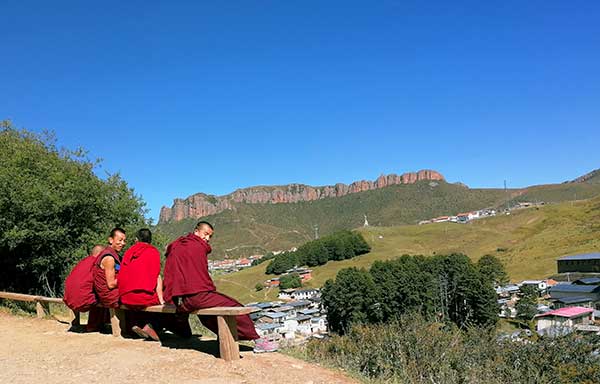
6 days Gansu tour to Binglingsi, Xiahe and Langmusi
Tour type : Private tour Price : from *** Destinations : Lanzhou - linxia - Xiahe - Langmusi - Hezuo - Lanzhou -

12 Days Gansu Highlights Tour
Tour type : Private tour Price : from *** Destinations : Xian – Tianshui – Lanzhou – Xiahe – Langmusi – Hezuo – Zhangye – Jiayuguan - Dunhuang -
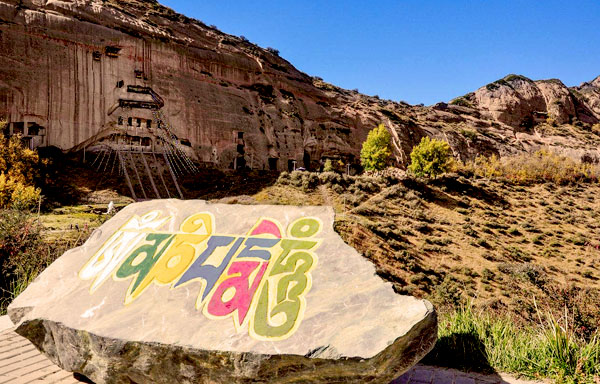
10 Days Silk Road Classic Tour
Tour type : Private tour Price : from *** Destinations : Xian - Zhangye - Jiayuguan - Dunhuang - Turpan - Urumqi -

5 Days Zhangye - Alxa youqi Highlights Tour
Tour type : Private Tour Price : from *** Destinations : Zhangye - Alax youqi - Zhangye

